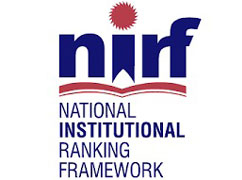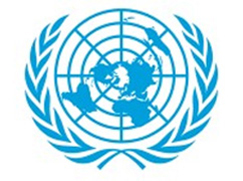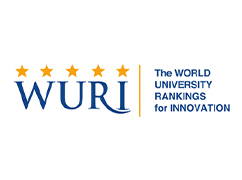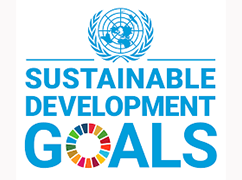CSA’s Student Volunteerism is helping the students transform from being Learners to to Leaders. Students are engaged through six cohorts, in which every cohort is led by two cohort representatives and guided by a mentor. Each cohort is further divided into five programmes and multiple teams, to ensure its smooth functioning. The volunteers, who are part of the cohort plan, undertake the activities, in alignment with the focus areas of the government and the institution.
We sensitize student volunteers through student programs. Students’ initiatives are directed to focus on child development and society as a whole. The student program consists of:
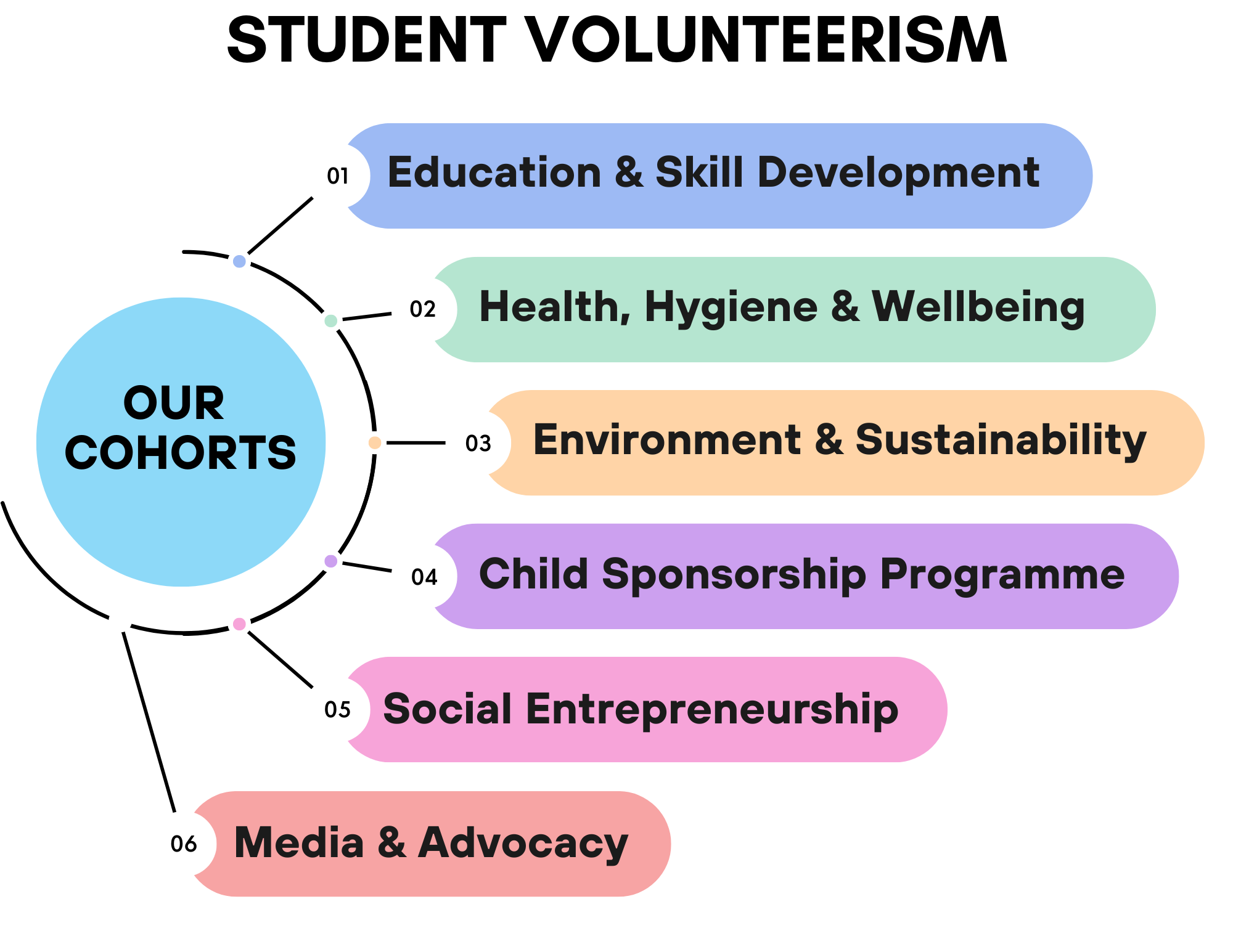
The Education and Skill Development cohort under CSA aims to incentivise education for all through the volunteers’ body and resources. It aligns with the values of Right to Education and NILP government policy and focuses on education and development of children in the adopted project areas of the Centre and also on skill development for dropouts. It involves several training and workshop programmes to incentivise soft and hard skills, equipping the learner to bag jobs and choose a suitable career efficiently. It engages volunteers with daily teaching sessions and events, with a focus on education and skill development sensitivity.
The primary objective of the Environment and Sustainability Cohort is to foster awareness and understanding of environmental issues and sustainability, while aligning with the Sustainable Development Goals (SDGs) 7, 13 and 15. It aims to promote and instill practices of environmental sustainability by implementing a range of initiatives that are designed to engage individuals and communities in taking proactive steps towards creating a sustainable future. By raising awareness and educating on environmental challenges, the cohort empowers participants to make informed decisions and take meaningful action.
This cohort aims for development and accessibility of healthcare across communities, to sensitise communities on health education and promote clean habits. Its activities are aligned to the Ayushman Bharat Initiative of the Government of India and the United Nations Sustainable Development Goals -1 No poverty, 2 Zero Hunger, 3 Good health & Well-being and 11 Sustainable Cities & Community. It will majorly strive to improve overall health, well-being and contribute to a sustainable lifestyle, imparting knowledge for the well-being of society.
The Media and Advocacy cohort of CSA will be taking care of the overall media, documentation and communication needs of the organisation. The cohort will also take up activities and initiatives relating to sensitisation through various digital, theatrical and non-theatrical modes.
The Educate a Child Sponsorship Programme is a flagship initiative of CHRIST (Deemed to be University), which aims to inculcate the values of social responsibility. Christites are encouraged to sponsor the education of underprivileged children in the project areas. Annually, the Centre supports the education of 800+ students through the efforts of the management, faculty and students.
The Child Sponsorship Programme cohort aims to transform the United Nations Sustainable Development Goal 4 of Quality Education into a reality. It would also seek to conduct awareness campaigns and distribute educational and nutritional kits. The members would take up frequent review meetings to discuss and ideate on ways to develop social responsibility within the campus.
The Social Entrepreneurship cohort seeks to promote sustainable and inclusive economic growth by fostering business skills and innovation through a multi-dimensional approach, equipping students and alumni with the abilities and resources to manage social enterprises. It will also provide support to such entrepreneurs to expand their businesses and take marketing opportunities, working closely with them to develop a greater number of Self Helps Groups and empower locals. The programme is aligned with the United Nations Sustainable Development Goals (SDGs) related to promoting decent work and economic growth (SDG 8), fostering innovation and partnerships for sustainable development (SDG 17). It will contribute to building sustainable communities that are resilient, equitable and socially responsible. It aims to cultivate a culture of innovation and create positive social impact, both within the academic community and in the broader society.
Address
Dharmaram College Post, Hosur Road, Bengaluru – 560029, Karnataka, India
Telephone
+91 804012 9100 / 9600
Send us a Fax
40129000
Mail Us At
mail@christuniversity.in


